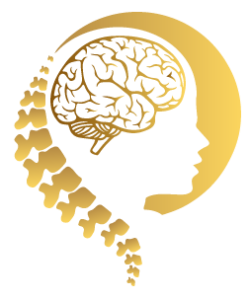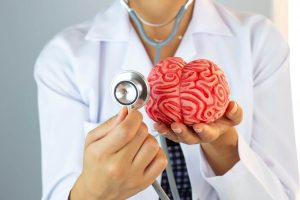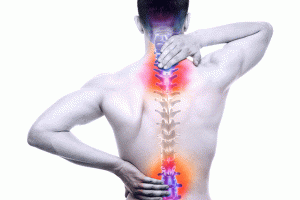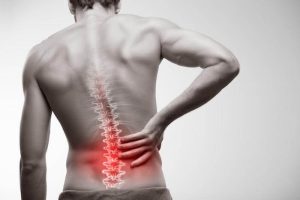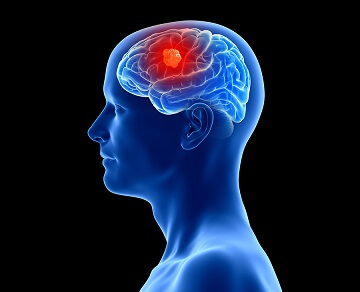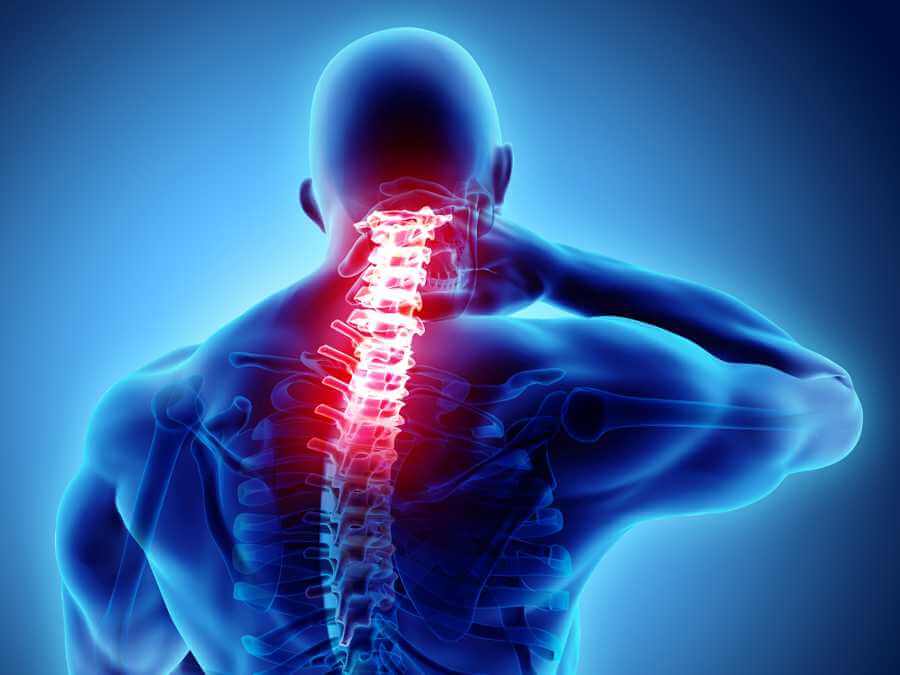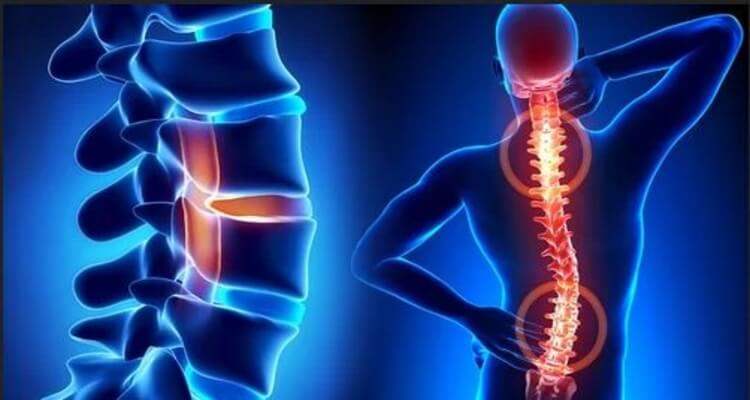- دکتر علی شمسا
- Services
- Neurosurgery
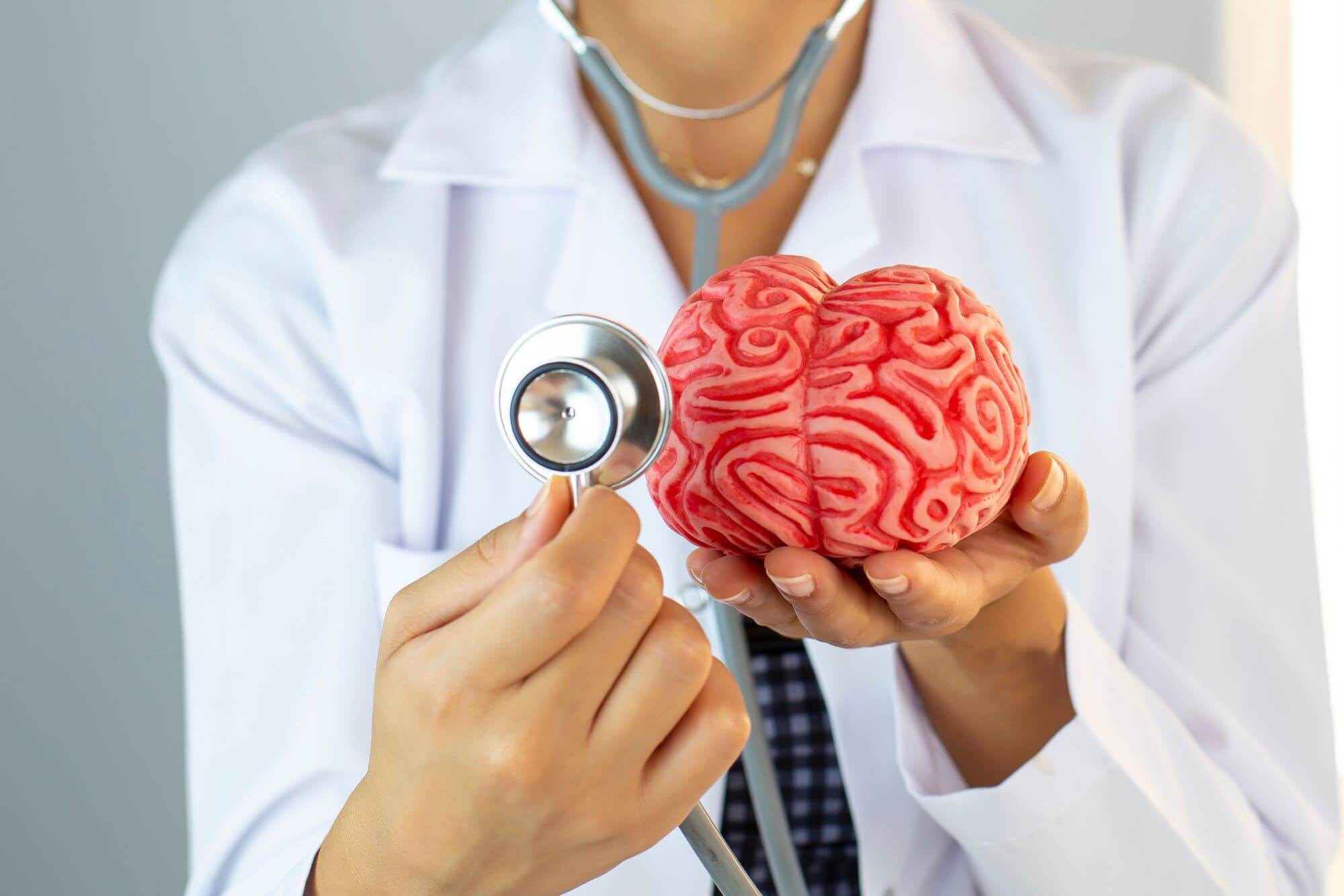
Neurosurgery is recommended in case of many structural problems and physical abnormalities of the brain due to heredity, disease, injury, etc. With other scientific advances, open surgeries are not the only way to operate the brain. Rather, different treatment methods can be used according to the condition under treatment and the specific area of the brain. In this article, we will examine the various aspects of neurosurgery and its related points together.
Table of Contents
In what case is neurosurgery needed?
Sometimes the brain itself is damaged and the need to correct its problems is felt, and sometimes the vessels, tissues, etc. around the brain are damaged. In any case, neurosurgery helps to solve these problems in a radical way. Most of these abnormalities can be mentioned as the production of abnormal blood vessels, aneurysm, epilepsy, formation of clots, damage to protective tissues, etc. Of course, sometimes problems such as abscesses, nerve damage, Parkinson’s, skull fracture, tumor, etc. reveal the necessity of brain surgery.
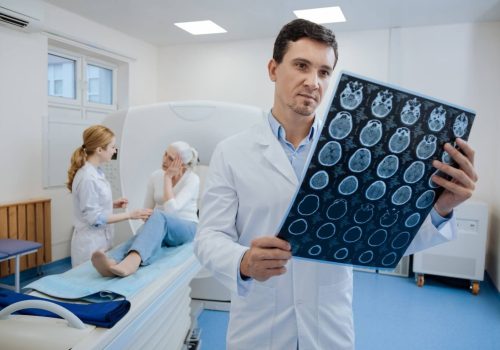
Different missions of neurosurgery specialist
A neurosurgeon is not only responsible for identifying neurological disorders, but also has the task of eliminating them through surgery and other treatment methods. With these descriptions, it can be said that a surgeon active in this field has a special ability to discover neurological disorders. n this way, the main duties of a brain surgeon can be listed as follows:Text editor
Provide preventive measures
Performing various examinations
Accurate diagnosis and introduction of a specific type of disease
Introducing the specific type of surgery required
Performing surgery and treatment and obtaining complete recovery for the patient
Care and rehabilitation after surgery

Diagnostic ways of brain and nerve diseases
The area of the brain and nerves is very complex, therefore the slightest neglect is fatal for the patient and can cause serious risks for him. For this reason, it is natural for the doctor to employ different diagnostic methods to obtain the highest percentage of confidence before neurosurgery. These methods include spinal fluid analysis, brain scan, CT scan, MRI, tomography and angiography. However, other tests such as brain fluid sampling, studying the course and sleep process of the patient also play a decisive role in the chosen method of operation and the type of prescribed treatment.
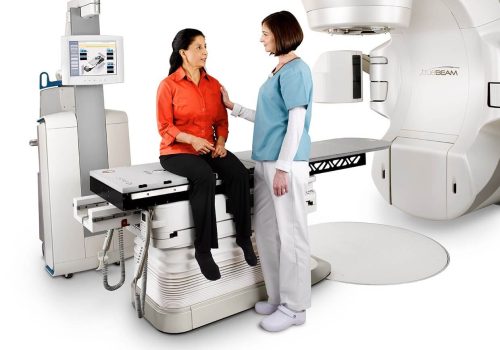
Different capabilities of an active doctor in the field of neurosurgery
The abilities of specialists active in the field of neurosurgery are so high that all internal doctors, emergency doctors, bone specialists, etc., are unable to perform their medical duties effectively without continuous and stable communication with them. In this way, the medical abilities of these specialists can be mentioned as follows:
First ability:bold Removal of all types of brain tumors, spinal cord tumors, spinal cord and skull tumors
The second ability:Fixing spine problems such as disc herniation, arthritis, slipped disc, etc.
The third ability:Nerve damage such as carpal tunnel syndrome
The fourth ability:Vascular disorders such as cerebral hemorrhage, aneurysm, blood clots, etc.
The fifth capability:Improving diseases such as Parkinson’s, epilepsy, hydrocephalus, etc.
The sixth ability:Removing infections of brain tissue, vertebrae, spine bones, etc
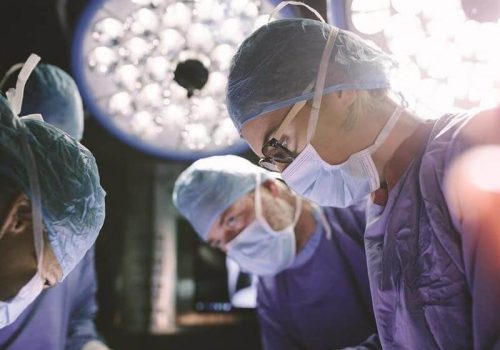
Different types of neurosurgery
Depending on the problem that needs to be treated, neurosurgery has different methods, each of which covers a specific complication and treats the patient in a unique way. Craniotomy, craniectomy, biopsy and endonasal endoscopy are common methods in this field. In the craniotomy, craniectomy and biopsy methods, a small cut or hole is created in the skull and with the help of it, brain complications including tumor, infection, swelling, etc. are healed. But in the endonasal endoscopy method, lesions and brain tumors are removed through the nose and sinuses. In this way, there is no need to cut the brain membrane, and the endoscopic device can destroy all types of tumors of the pituitary gland, the bottom of the brain, and the base of the skull by entering the sinus tracts.
Medical care required after neurosurgery
After neurosurgery, the patient needs special care, without which the operation will not have a good result. We mention the most important of these cares.
Transferring the patient to the ICU and connecting tubes to drain brain fluids and blood secretions
Injection of painkillers, anticonvulsants, antibiotics, etc.
Tube feeding of the patient
Supporting a person while walking to avoid injury
Leaving the patient to be discharged after gaining full consciousness
Visiting the patient’s office after surgery for clinical examination
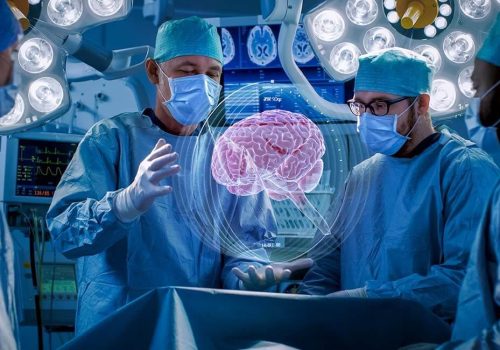
The last words of neurosurgery chapter:
Remember, if you see diseases such as Alzheimer’s, migraine, MS, muscle spasms, seizures, etc., you should definitely consult a neurosurgeon to find out the cause of the disease. Such a person with his expertise can appear capable in diagnosis, treatment and final monitoring.




